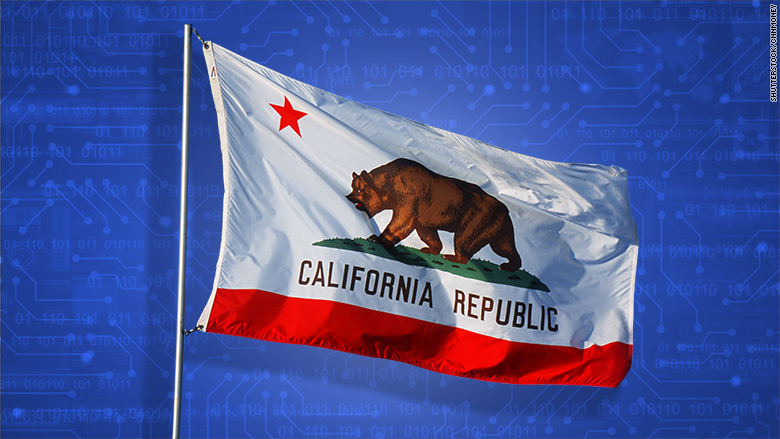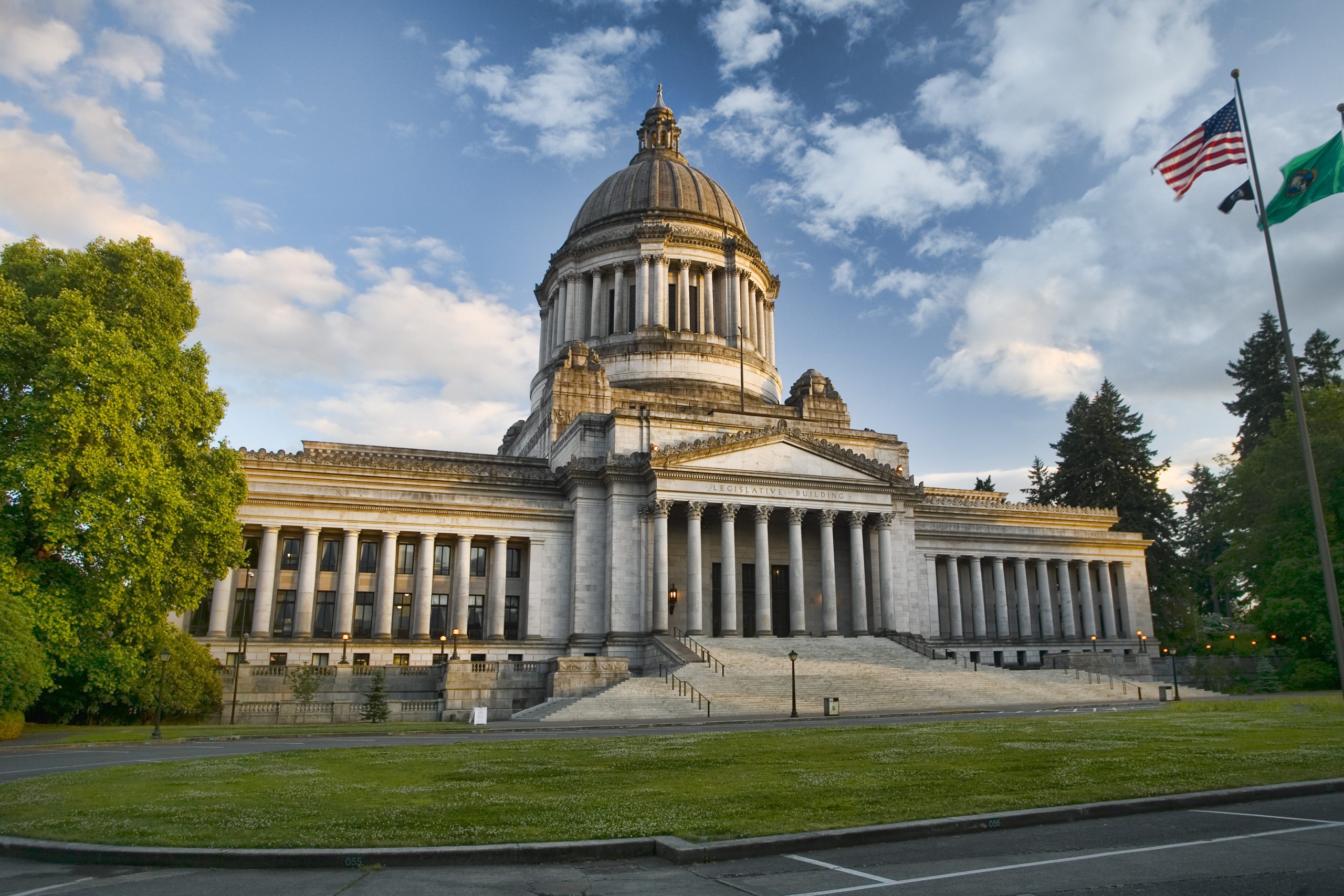Showing results for virg promo code xped argentina

California’s Prop 24, the “California Privacy Rights Act,” Passed. What’s Next?
[…] PPA is likely to begin soon, as early as December 2020. Adopting Regulations (2021-22) – According to Section 21 of the CPRA (amending Section 1798.185 of the Civil Code), the new PPA may begin exercising its rulemaking authority as early as July 1, 2021, or six months after the Agency provides notice to the Attorney […]

21st Century Cures Act Final Rule: Key Health Data Privacy Considerations
[…] Office of the National Coordinator for Health Information Technology (ONC) extended deadlines for entities working in health information technology to comply with a new federal rule intended to “ promote health care choice and competition across the United States” and “advance interoperability and support the access, exchange, and use of electronic health information.” Organizations now have until […]

How the Student Privacy Pledge Bolsters Legal Requirements and Supports Better Privacy in Education
[…] (Neb. Rev. Stat. § 79-2,153), New Hampshire (NH. St. § 189:68-a), New Jersey (Assembly Bill 4978, signed into law Jan. 2020), North Carolina (N.C. Gen. Stat. § 115C-401.2), Oregon (Or. Rev. Stat. Ann § 336.184-187), Texas (Tex. Educ. Code § 32.151), Virginia (Va. Code Ann. § 22.1-289.01), and Washington State (Wash. Rev. Code § 28A.604).

FPF Presents Expert Analysis to Washington State Lawmakers as Multiple States Weigh COVID-19 Privacy and Contact Tracing Legislation
[…] emergency, over the past few months state legislatures in the United States have diverted their resources towards establishing state and local reopening plans, allocating federal aid, and promoting public trust and public participation by addressing concerns over privacy and civil liberties. Many states have introduced bills which would govern collection, use, and sharing of […]

Protected: Protected: Future of Privacy Forum’s 2020 Annual Meeting
There is no excerpt because this is a protected post.

The European Commission Considers Amending the General Data Protection Regulation to Make Digital Age of Consent Consistent
[…] ages of digital consent, there are also differing interpretations of the obligations on information society services regarding children. For example, the United Kingdom’s proposed Age Appropriate Design Code defines a child as a person under the age of 18 and lays out additional requirements for information society services to build in privacy by design […]

iOS Privacy Advances
[…] the data is linked to a particular user or device, and if the data will be used to track users. Because SDK’s run in-process with other app code, and share the app’s access permissions, developer responses are required to reflect both the practices of the app as well as any 3rd party code within […]

Privacy Scholarship Research Reporter: Issue 5, July 2020 – Preserving Privacy in Machine Learning: New Research on Data and Model Privacy
[…] could be compromised by internal or external attacks. This paper proposes a model that builds on Software Guard Extensions (SGX) enclaves, which limit untrusted platform’s access to code or data, and Ryoan (distributed sandboxes that separate programs from one another to prevent unintentional transfer or contamination). Ryoan sandboxes confine code, allows it to define […]

Commoditization of Data is the Problem, Not the Solution – Why Placing a Price Tag on Personal Information May Harm Rather Than Protect Consumer Privacy
[…] consumers are not the product, but rather “Angel Au-Yeung, “California Wants to Copy Alaska and Pay People a ‘Data Dividend.’ Is It Realistic?” Forbes(Feb. 14, 2019), https://www.forbes.com/sites/angelauyeung/2019/02/14/california-wants-to-copy-alaska-and-pay-people-a-data-dividend–is-it-realistic/#30486ee6222c. Cal. Civ. Code § 1798.125(b)(1) (“A business may offer financial incentives, including payments to consumers as compensation for the collection of personal information, the sale of personal information, or […]

Remarks on Diversity and Inclusion by Michael McCullough
[…] mere existence was unlawful in some quarters due to anti-miscegenation laws…and you may be surprised to know this repugnant language remained in state constitutions after Loving v Virginia — till 1987 in Mississippi; 1998 in South Carolina and 2000 in Alabama. Being both black and white I KNOW how hard this topic is. For […]
